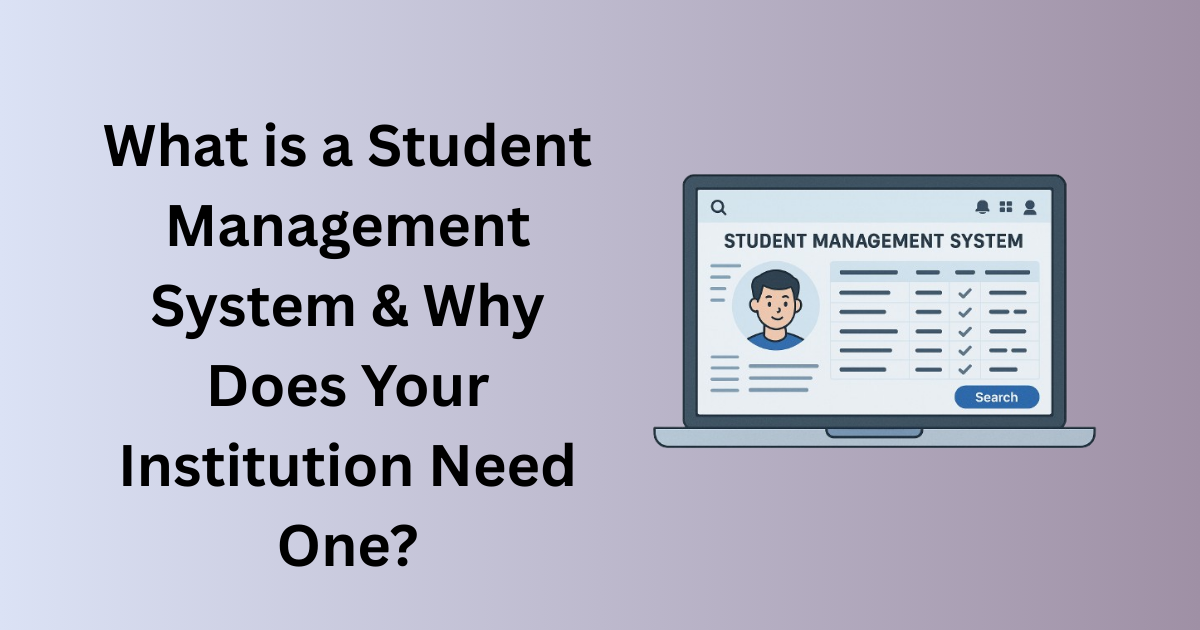
Study abroad consultants play an essential role in guiding students through the daunting procedure of applying to universities out of the country. In the world of international education, where competitiveness is at its peak, consultants are the ones who offer the precious advice that helps students to decide on the proper institutions and prepare the necessary documents for the application, along with meeting the deadlines. One of the most crucial steps during this process is the monitoring of application statuses. If the application tracking system is either inefficient or disorganized, it can be the cause of delays, missed deadlines, and increased stress for both consultants and students. The proper functioning of the application tracking system with a streamlined approach allows consultants to deal effectively with applications and students to be well-informed of their progress.
_1750243890.jpg)
Do you get frustrated seeing prospective students disappear without anyone even realising? Schools tend to not convert curious questions into actual registrations. It not only hurts enrolment statistics but also wastes precious resources. But do not worry! In this article, you will learn techniques on how to speed up lead conversion. Lead nurturing is very important, so let us start!

The sector of study abroad has seen an amazing expansion over the last few years, and Australia is core among the chosen destinations for students worldwide. Australia is a very popular destination for international students every year because of its trusted education system, multiethnic environment, and the inspiring work opportunities that the youth can get after completion. Nevertheless, in the atmosphere of the competition among the tourist agencies, using the technology is crucial for achieving success. A Customer Relationship Management (CRM) specially tailored to study abroad agencies might be a real game-changer. This would help to maximize efficiency, target student involvement, making it more interactive and, in the end, increasing the number of enrolled students.

The demand for international education in Africa has been increasing immensely, where thousands of students are keen to study in different countries every year. Nevertheless, the majority of the study abroad agents suffer from the management of the student queries, follow-ups, application processes, and successful enrollments. A Study Abroad Agency CRM (Customer Relationship Management) system can make these steps simpler, involve students more, and hence improve enrollments. At the beginning, you can read how the CRM which is aimed specifically at the study abroad agencies facilitates student recruitment and the enrollment across Africa.

Student enrollment growth requires more than quota achievement because it requires verifying academic value and developing networks of trust with students while preventing them from getting lost during processes.
Smart strategies help schools attract students who don’t just enroll but thrive, driving long-term success for both the students and the institution. The educational market demands strategic planning for professional student recruitment because random approaches lead to unsuccessful results in achieving excellence.
Let’s dive into strategies that can help schools maximize enrolment opportunities, from perfecting the enrolment funnel to making the most of digital marketing and personalised communication.

The education sector has evolved significantly over the years, with technology playing a vital role in streamlining administrative and academic operations. One such technological advancement is the Student Management System (SMS), a powerful tool that helps educational institutions efficiently manage student data, academic records, attendance, and communication. In today’s fast-paced digital world, educational institutions that rely on traditional methods for managing student information often struggle with inefficiencies, human errors, and communication gaps.
Also Read

